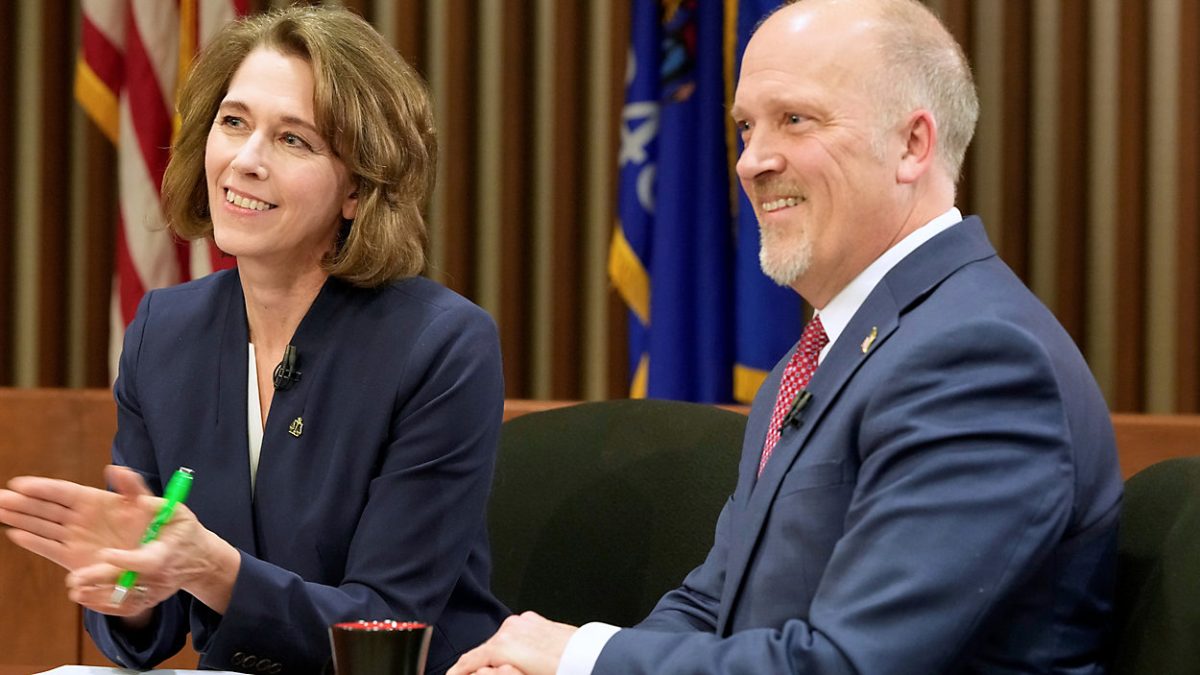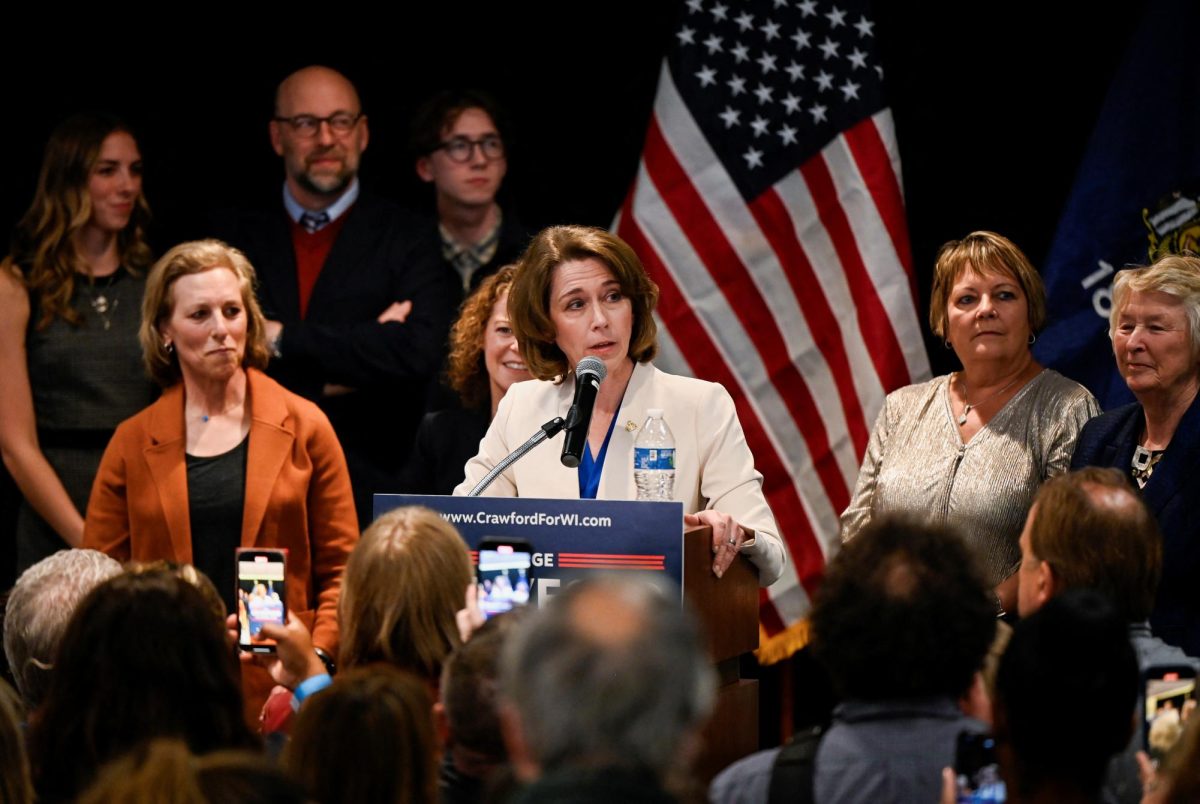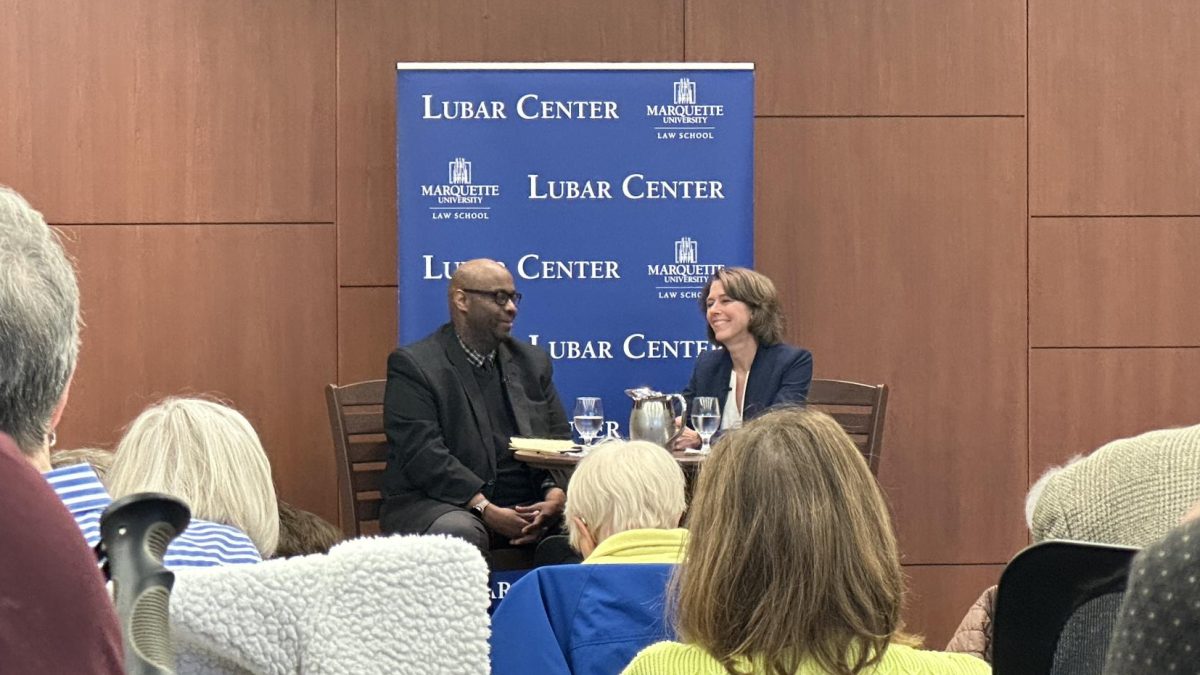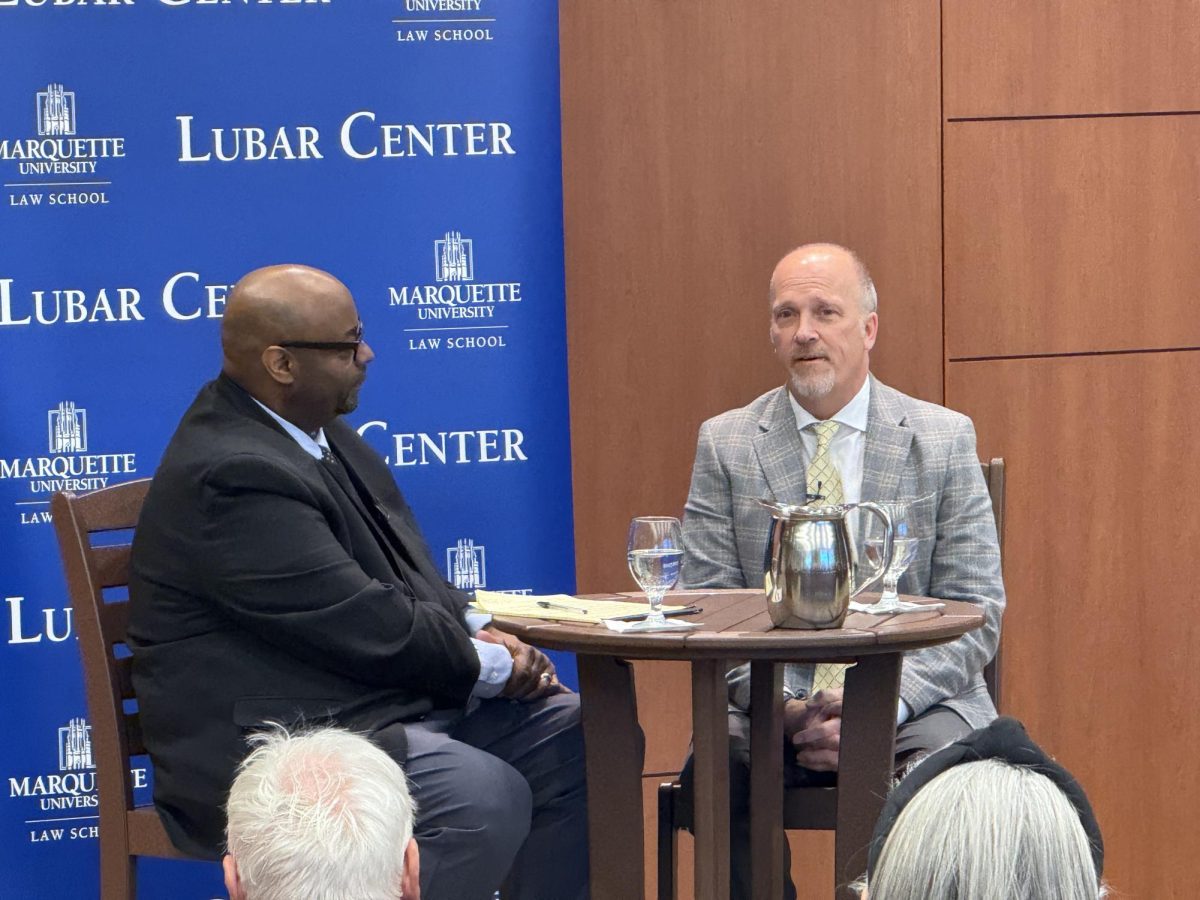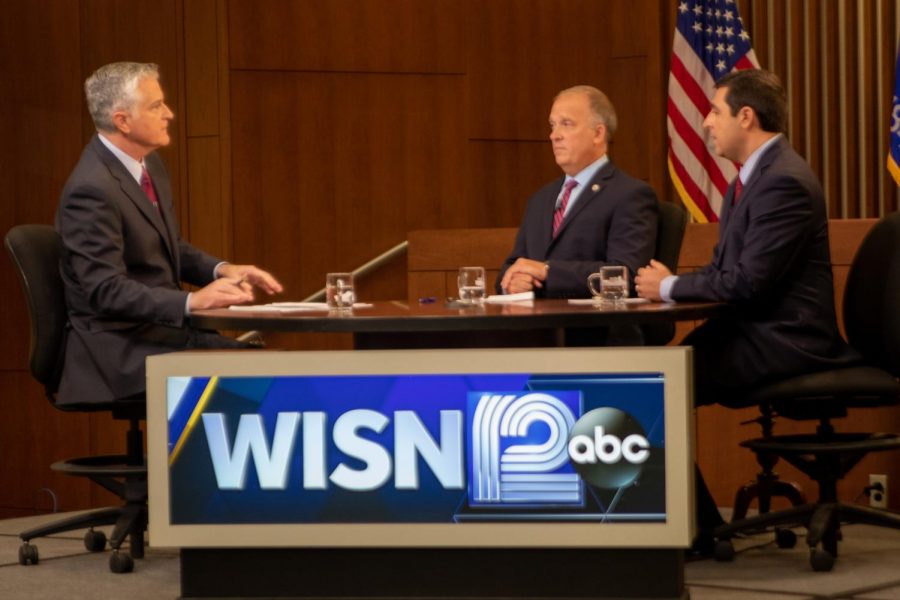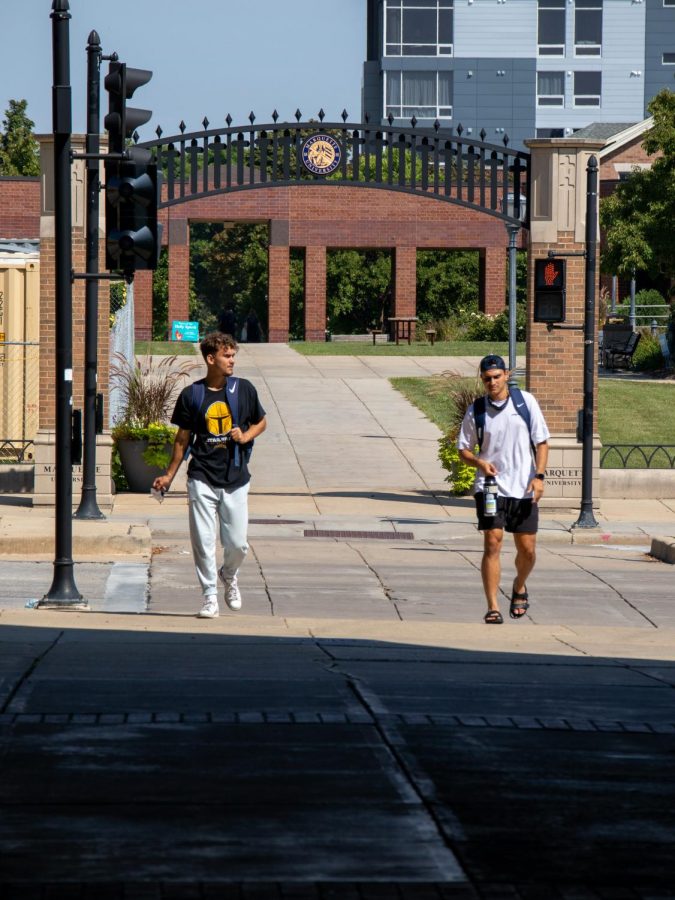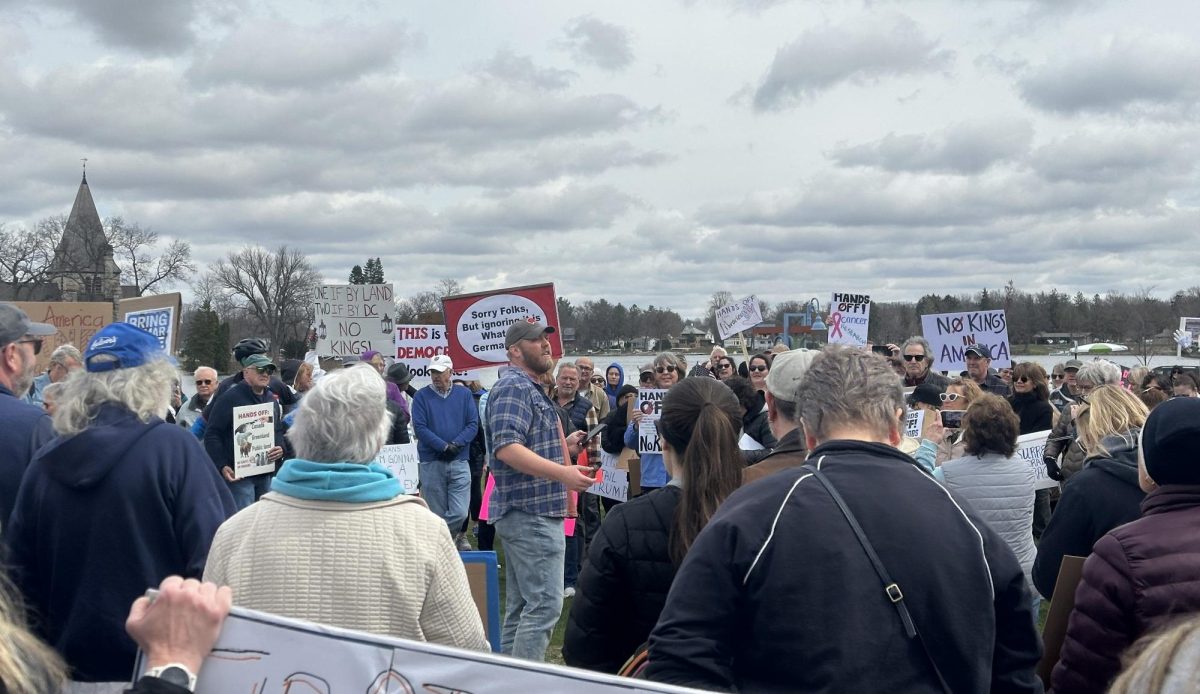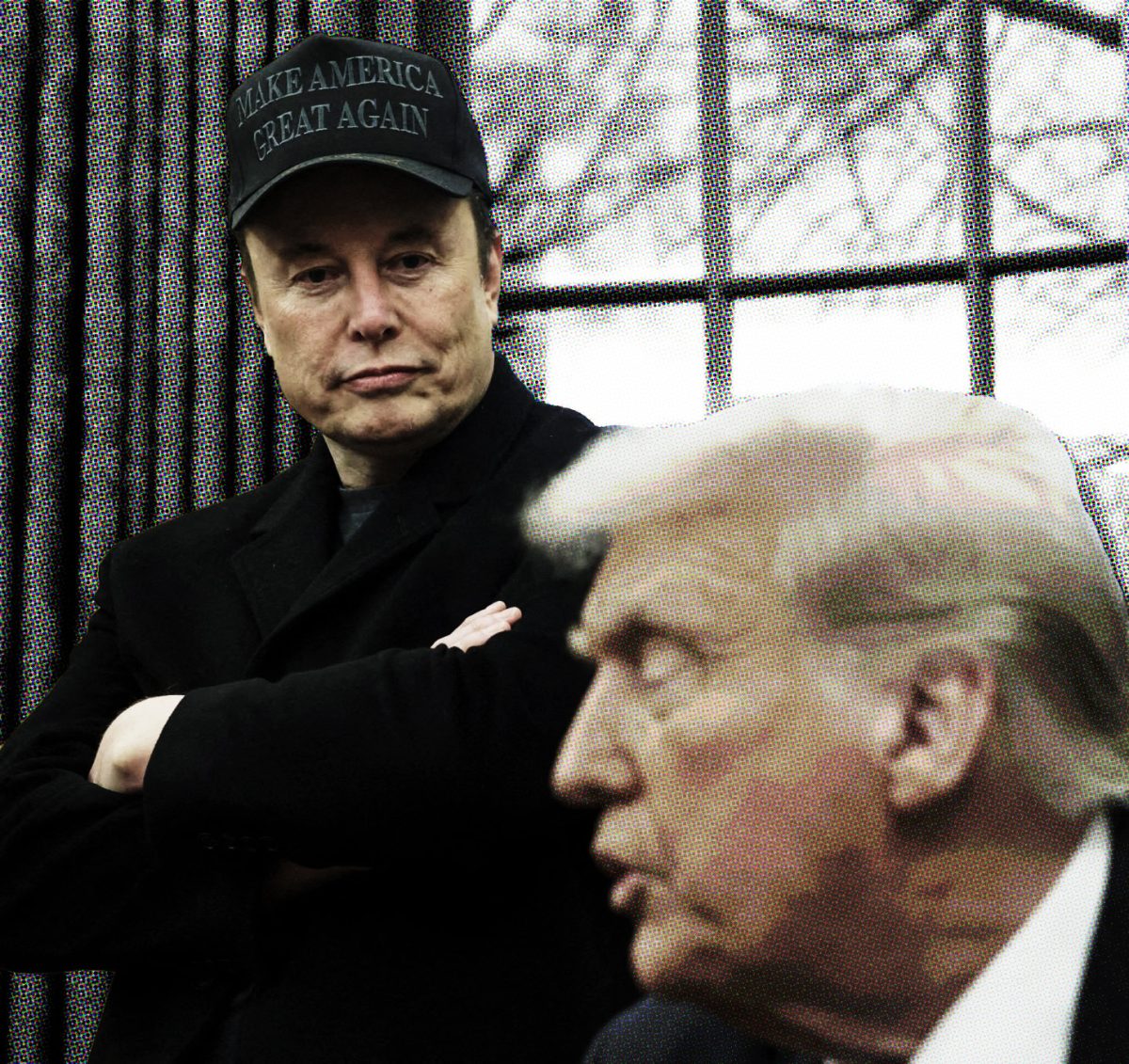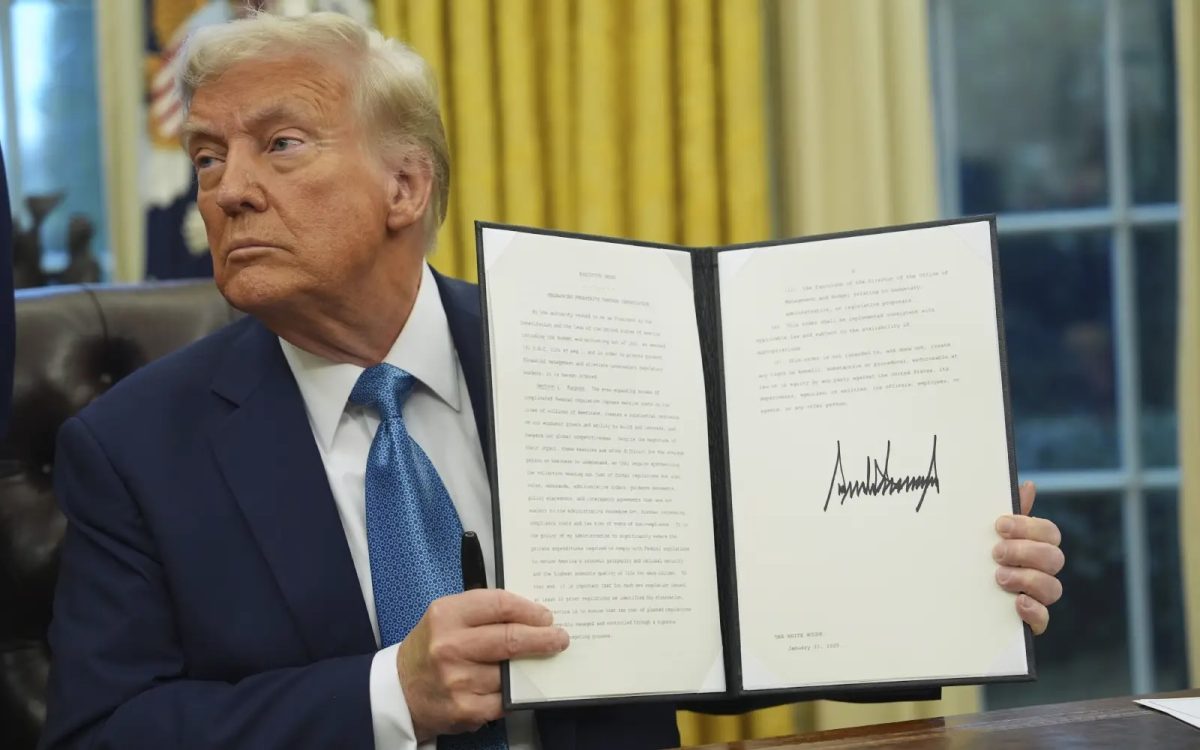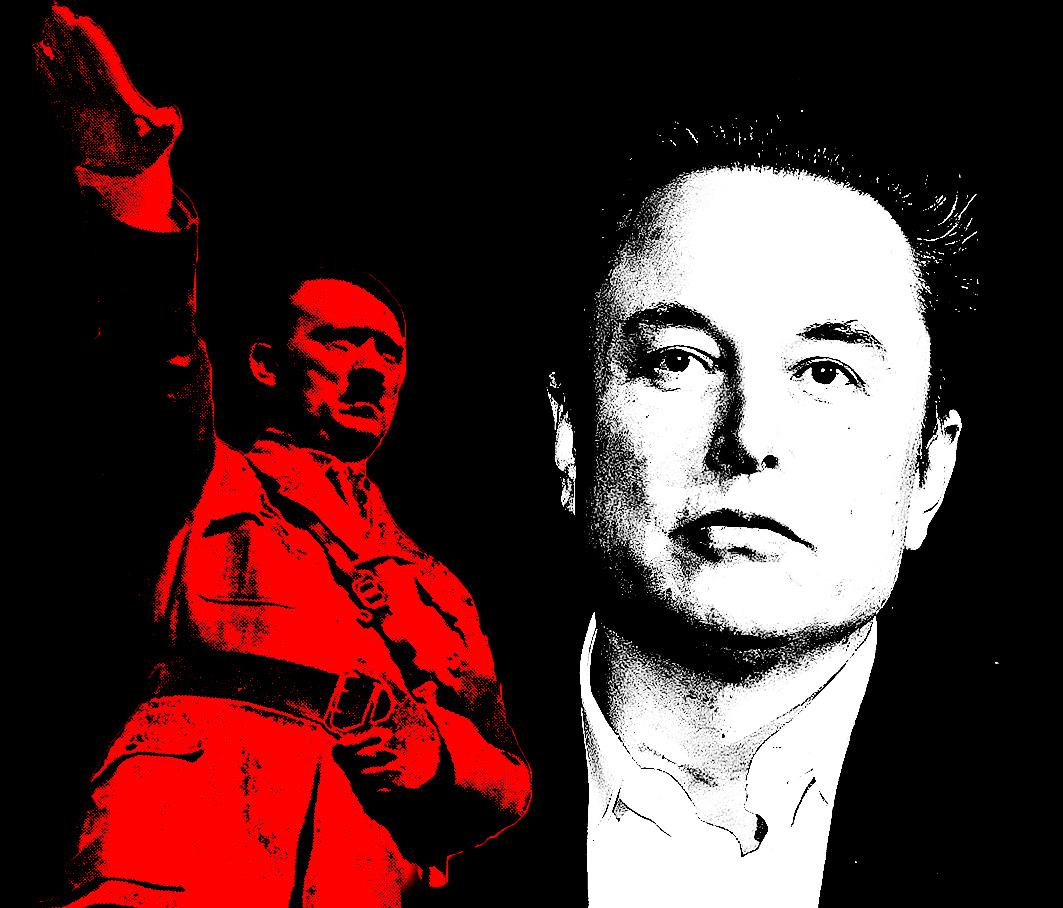It did not take long for things to get testy in the Wisconsin Supreme Court candidates’ one and only debate.
Waukesha County Judge Brad Schimel and Dane County Judge Susan Crawford sat down for a televised debate hosted by WISN 12 in the Lubar Center at the Marquette Law School on March 12. The two candidates sparred on a range of hot-button political and legal issues, at times interrupting each other and attacking each other’s judicial record.
Liberal justices currently have a 4-3 majority on the state’s highest court after flipping the majority in 2023 following the election of Justice Janet Protasiewicz. Conservatives are looking to retake the majority following the retirement of incumbent liberal Justice Ann Walsh Bradley. The winner of the April 1 election will start their ten-year term on the bench on August 1.
Campaign funding
The candidates spent much of the night attacking each other on campaign contributions from political mega billionaires. Political watchdogs are speculating that spending in the campaign could double the previous $51 million record set in 2023.
Schimel highlighted how Crawford has received donations from high profile liberal billionaires, including billionaire investor George Soros, Illinois Governor JB Pritzker and LinkedIn co-founder Reid Hoffmann.
Schimel took particular issue with Soros’ endorsement of his opponent, citing his previous support of judicial officials that he claimed are soft on criminals.
“[Soros] is a dangerous person to have an endorsement from,” Schimel said.
Crawford hit back over the involvement of groups associated with Elon Musk in Schimel’s campaign for the high court.
These groups are estimated to have contributed over $8 million toward television ads, mail flyers and paid canvassers supporting Schimel. Crawford also highlighted pending litigation from Musk’s company, Tesla, a case that could appear before the high court.
“It is no coincidence that Elon Musk started spending that money within days of Tesla filing a lawsuit in Wisconsin,” Crawford said. “He is trying to buy access and influence by buying himself a justice on the Wisconsin Supreme Court.”
Judicial records
Schimel defended his record on the use of rape test kits during his tenure as Wisconsin State Attorney General, responding to ads saying that he let kits go untested and prevented rape victims from getting justice. He said he was forced to conduct an inventory of the kits following mismanagement by previous state attorneys general.
“We didn‘t even know how many kits were out there,” Schimel said. “We had to go to every single police department in Wisconsin, every hospital storeroom, find out where the kits were, how many there were, what the case circumstances were. When I left the Department of Justice, that problem was solved.”
Schimel also doubled down on his attack on Crawford over a case involving her sentence of a child sex offender in 2020, which has been the subject of intense TV attack ads. Opponents have claimed that the four-year sentence Crawford handed to the man convicted of raping a 5-year-old girl was not strong enough, and that Crawford put the offender above the community. Crawford responded directly to the attack.
“The Supreme Court has said that you have to order the minimum amount of prison time necessary to protect the public,” Crawford said.
Crawford went on to attack her opponent by saying he handed down short sentences to people who would go on to commit new crimes.
Abortion
Litigation is currently pending before the State Supreme Court challenging Wisconsin’s 1849 law that bans abortions in almost all cases.
Schimel has said the current law was validly passed; however, he also says he does not believe that the law reflects the will of the people today. He expressed his desire for the issue to be decided by the people of Wisconsin, either through the legislature or through a constitutional referendum.
“No judge or justice should be deciding this issue for the voters of Wisconsin,” Schimel said.
Crawford declined to take a position on the pending abortion case, but she said she was proud to have supported Planned Parenthood when she was an attorney in a private practice. She also attacked Judge Schimel for his record on the issue.
“My opponent has said that he believes the 1849 law in Wisconsin is a valid law and he is trying to backpedal on that position now,” Crawford said.
How to vote
Polls will open for the Wisconsin spring election on April 1, 2025. Early voting began two weeks before, on March 18. Visit myvote.wi.gov for information about how to vote and other races happening in local communities across the state.
This story was written by Sahil Gupta. He can be reached at sahil.gupta@marquette.edu.


